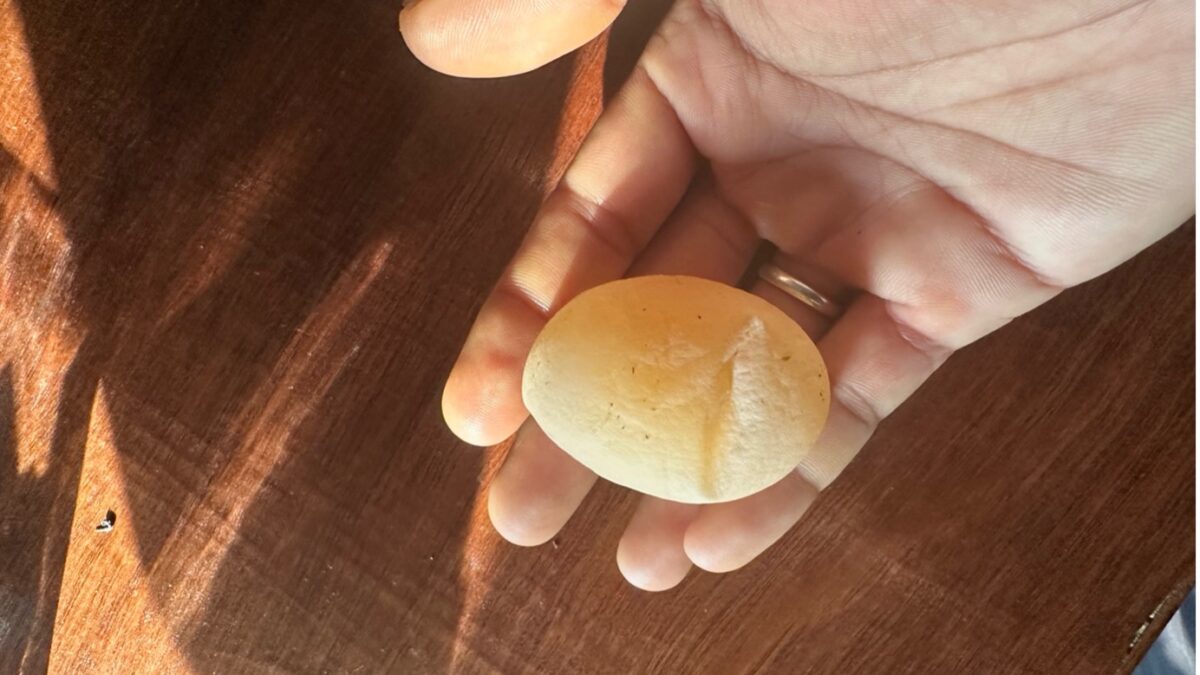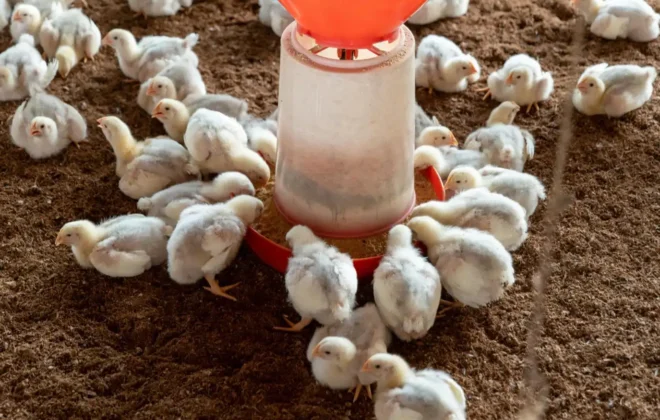
Why My Chicken’s Egg Lacking-Shell: Causes, Prevention & Solutions
Raising healthy laying hens is both rewarding and challenging. One of the more puzzling experiences for poultry keepers is finding an egg without a shell, or one with a thin and soft shell. While these eggs may look unusual, they are not uncommon, and understanding the reasons behind them is key to maintaining a strong and productive flock.
What Are Soft-Shell or Shell-Less Eggs?
A soft-shelled egg has an underdeveloped shell that is thin and fragile, while a shell-less egg is covered only by its inner and outer membranes. Instead of the hard, protective layer you expect, the egg feels rubbery and delicate. Though strange in appearance, this condition arises from specific physiological and environmental factors.
Why Do Hens Lay Soft-Shell or Shell-Less Eggs?
Several reasons can contribute to shell issues:
1. Stress and Premature Laying
Hens exposed to sudden fright, excitement, or disturbances may lay eggs before the shell has time to fully form.
2. Nutritional Deficiencies
A diet lacking calcium, vitamin D, or vitamin E can severely impact shell quality. Calcium is critical for building strong shells, while vitamin D helps hens absorb and use calcium effectively.
3. Environmental Factors
High temperatures and warm weather can reduce a hen’s calcium intake. During hot conditions, hens pant more to regulate body temperature, which alters their pH balance and calcium mobilization, leading to thinner shells.
4. Age of the Hen
- Young pullets often lay thin-shelled or shell-less eggs as their reproductive systems adjust to egg production.
- Older hens may experience reduced shell-forming capacity. As they age, they produce larger eggs, but the same amount of shell material must spread over a greater surface, resulting in thinner shells.
5. Diseases and Health Issues
Viral infections such as infectious bronchitis can interfere with the hen’s reproductive tract, leading to persistent soft-shelled eggs. Additionally, frequent occurrences of these eggs alongside reduced egg production may signal a deeper health issue that requires veterinary attention.
6. Genetic Factors and Imbalanced Diets
Some breeds may naturally be prone to thinner shells. An imbalanced diet—too little calcium or too much phosphorus—can also affect shell integrity.
Is It a Serious Problem?
Occasional soft-shelled or shell-less eggs—particularly in spring or during environmental changes—are generally not a cause for alarm. However, if the problem persists, especially if egg production declines significantly, it may be a warning sign of disease or long-term nutritional imbalance. Early intervention can protect your flock’s overall health and productivity.
How to Prevent Soft-Shell or Shell-Less Eggs
To support your hens in producing strong, healthy eggshells, consider the following steps:
1. Provide Constant Access to Calcium
Offer a calcium supplement such as crushed oyster shells or limestone grit, ensuring hens can consume it freely as needed.
2. Use Vitamin Supplements
Adding vitamin AD\&E powder to drinking water three times a week can help hens better absorb calcium and strengthen their shell-making system.
3. Maintain a Balanced Diet
Ensure feed includes the right proportion of protein, vitamins, and minerals. Avoid feeding excess treats or scraps that can disrupt diet balance.
4. Reduce Stress
Keep the coop environment calm, secure, and free from predators or sudden disturbances that might cause premature laying.
5. Manage Heat Stress
Provide plenty of fresh, cool water and shade during hot weather to minimize panting and calcium imbalance.
6. Monitor Flock Health
Watch for signs of disease. If soft or shell-less eggs become frequent, consult a poultry veterinarian to rule out infections such as infectious bronchitis.
Final Thoughts
While finding a soft-shelled or shell-less egg may be surprising, it often reflects temporary changes in nutrition, environment, or age rather than a major problem. Still, consistent issues can signal underlying deficiencies or health concerns that need prompt attention.
At ChickCoop®, we specialize in guiding poultry keepers with the right feed plans, supplements, and health practices to ensure your flock thrives and produces high-quality eggs. If you’ve been noticing unusual eggs or want tailored solutions for stronger shells, we’re here to help.
At ChickCoop®, we’re more than just a Chicken Company, writing interesting blogs about them– we’re your trusted partner in building a modernized, sustainable and profitable farm. From breed selection to buy-back support, feed guidance, and modern farm management tips, we ensure farmers like you achieve the best results and profits.
Call us today to discuss your farming needs
📧 Email us at: write@chickcoop.in
đź“ž Call us: +91-9939209699
Call us today for expert poultry nutrition support and customized flock care solutions.Â


